
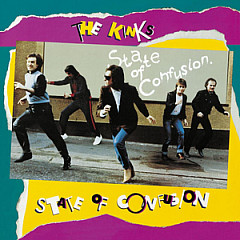
"Come Dancing" by The Kinks was inspired by the older sister of Ray Davies, who would make guys take her out dancing and spend their money on her, only to send them home frustrated with just a peck on the cheek.

Katy Perry's song "E.T." came from a beat originally intended for the rap group Three Six Mafia. When her producer accidentally pulled up the beat, Perry asked to use it.
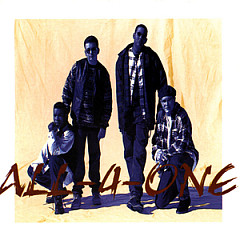
"I Swear" was a #1 country hit for John Michael Montgomery before All-4-One made it a #1 pop hit.
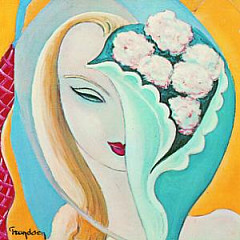
Eric Clapton wrote "Layla" about his love for Pattie Harrison, who was married to George Harrison at the time. He eventually married Pattie, and managed to stay friends with George.
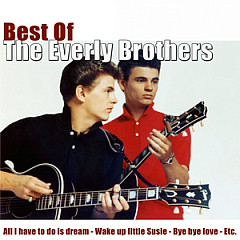
The first single to simultaneously top the UK and US charts was The Everly Brothers' "Cathy's Clown" in May 1960.
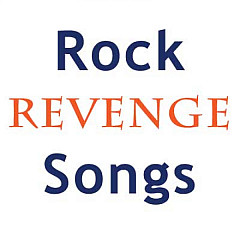
John Lennon, Paul Simon and Lynyrd Skynyrd are some of the artists who have written revenge songs. Do you know who they wrote them about?
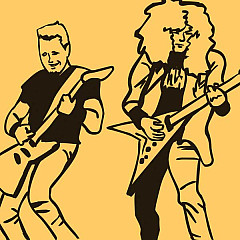
Beef with Bon Jovi? An unfortunate Spandex period? See if you can spot the true stories in this Metallica version of Fact or Fiction.

The stories behind "Whole Of The Moon" and "Red Army Blues," and why rock music has "outlived its era of innovation."

The Scorpions and UFO guitarist is also a very prolific songwriter - he explains how he writes with his various groups, and why he was so keen to get out of Germany and into England.

Not everyone can be a superhero, but that hasn't stopped generations of musicians from trying to be Superman.

The renown Texas songwriter has been at it for 40 years, with tales to tell about The Flatlanders and The Clash - that's Joe's Tex-Mex on "Should I Stay or Should I Go?"